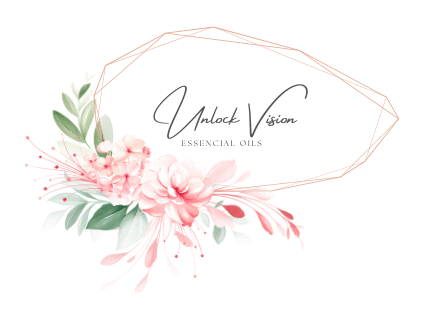Essential Oils vs Synthetic Fragrances: Which Is Better for Health?
Essential oils are amazing. Seriously, they can lift your mood, improve your sleep, and even give your skin a radiant glow. But here’s the thing, you can’t just grab a bottle and slather it on. Potent oils are highly concentrated. That power is wonderful, but it also means that using them incorrectly can be risky. That’s why dilution isn’t optional, it’s essential. Let’s dive deeper into why it matters and how to do it safely.
The Science Behind Essential Oil Potency
Those tiny drops of oil that smell heavenly? They’re packed with chemical compounds that make plants so special. This is exactly what gives essential oils their therapeutic benefits.
The oils on store shelves aren’t watered-down plant juice. They are potent extracts containing high concentrations of bioactive compounds. Here’s what some popular oils can do:
- Lavender: Calms your mind and promotes restful sleep.
- Peppermint: Wakes you up, clears mental fog, and boosts focus.
- Helichrysum: Works wonders on your skin, aiding in healing and regeneration.
The same compounds that heal, energize or soothe can irritate your skin or trigger reactions. If you use undiluted. Understanding potency is the first step to safe and effective use.
Potential Health Risks of Undiluted Essential Oils
Let’s be real. Essential oils smell amazing, but they’re not candy. Using them straight can cause:
- Skin irritation: Redness, itching or even burning sensations.
- Allergic reactions: Some oils can trigger hives or rashes, especially on sensitive skin.
- Systemic effects: Overuse or ingestion can affect hormones or liver function.
Even oils considered mild like Lavender or Tea Tree, can cause problems if misused. Always remembering a little goes a long way.
The Importance of Dilution
Dilution is the golden rule for using essential oils safely. Mixing a few drops with a carrier oil like jojoba, almond or coconut makes. It is gentle on your skin while keeping all the benefits.
Here’s why it’s effective:
- Reduces irritation: The carrier oil acts as a buffer.
- Controls potency: You get therapeutic effects without overwhelming your body.
- Enhances absorption: Your skin can absorb the oil more efficiently when diluted.
Think of it like brewing tea. Too many tea leaves make it bitter and strong.
Standard Dilution Guidelines
Wondering how much is enough? Here’s a simple guide:
- 1–2% dilution: Ideal for facial use or sensitive skin (1–2 drops per teaspoon of carrier oil).
- 3–5% dilution: Suitable for general topical application like massage oils or body creams.
- Up to 10%: For small areas or short-term use only.
Choosing the Right Carrier Oils
Carrier oils aren’t just fillers. They bring their own benefits:
- Jojoba oil: Lightweight, great for sensitive skin.
- Coconut oil: Deeply moisturizing, with a lovely natural scent.
- Almond oil: Perfect for dry or aging skin.
Mix and match for customized blends:
- Calming bedtime blend: Lavender + jojoba oil
- Skin rejuvenating serum: Helichrysum + almond oil
Practical Tips for Diluting Essential Oils
Making blends doesn’t have to be complicated:
- Use a small glass container, preferably dark to protect oils.
- Count drops carefully—precision matters with potent oils.
- Stir or shake gently for a smooth, even blend.
- Label your blends to avoid confusion.
These simple steps make a huge difference in both safety and effectiveness.
Proper Storage of Diluted Blends
Even after dilution, essential oils need care:
- Store in dark bottles to shield from sunlight.
- Keep in a cool, dry place heat degrades potency.
- Check for changes in smell or color; discard if altered.
Frequently Asked Questions
Q: Can I use essential oils undiluted?
A: Only in very rare cases on tough skin areas. For most uses, always dilute.
Q: Are all carrier oils the same?
A: Not really. Different oils suit different skin types. Jojoba is gentle, coconut is moisturizing, and almond is nourishing.
Q: Can kids use diluted essential oils?
A: Yes, but use very low dilution (0.5–1%) and consult a pediatrician if unsure.
Key Takeaways
- Potent essential oils are powerful wellness tools, but they demand respect.
- Dilution is not optional. It protects your skin, enhances absorption, and ensures full therapeutic benefits.
- A little goes a long way: mix carefully, store wisely and enjoy natural essential oils safely.
- Use carrier oils strategically for maximum benefits.
- Properly diluted essential oils support mind, body, and skin safely and effectively
